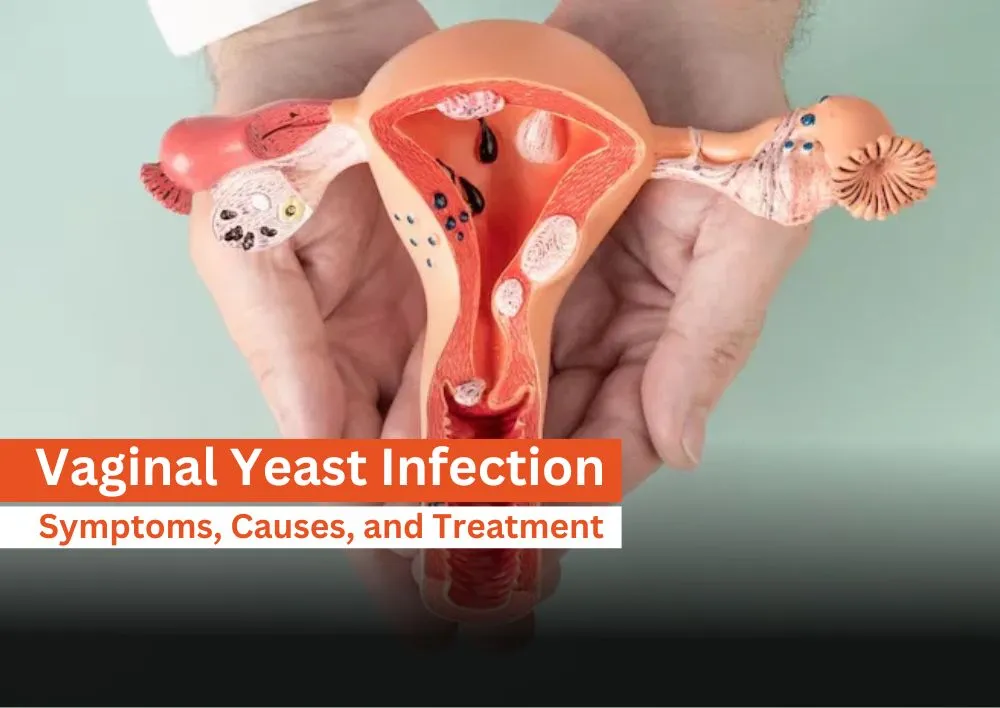Hernia Surgery - what you should know?
Summary:This blog provides thorough information on hernia surgery operations, covering types of hernias, the need for surgery, preparation, surgical options, post-operative care, and common myths. It highlights the importance of timely intervention and offers practical tips for a smooth recovery, ensuring patients are well-informed at every step.
What is a Hernia?
A hernia is a medical condition in which a body organ or tissue protrudes through a weakened spot in the nearby muscle or connective tissue. Hernias can form in different areas of the body, but they are most commonly found in the abdomen or groin.
Types of Hernias
According to a leading general surgery doctor in Gurgaon, there are several types of hernias, each with unique characteristics. The most common include:
-
Inguinal Hernia: Appears in the groin area and is more common in men.
-
Umbilical Hernia: Occurs near the belly button.
-
Incisional Hernia: A hernia can develop at the site of a previous surgical incision, often referred to as an incisional hernia. This type of hernia is more common in individuals who have undergone abdominal surgeries.
-
Femoral Hernia: Found in the upper thigh area and more common in women.
-
Hiatal Hernia: In this condition, a portion of the stomach pushes into the chest cavity through an opening in the diaphragm. A hiatal hernia is commonly associated with gastroesophageal reflux disease (GERD).
Regardless of the type, hernias require timely medical attention to prevent complications like strangulation or obstruction.
Why is Hernia Surgery Done?
Hernias do not heal on their own and tend to worsen over time if left untreated. While some small hernias might not cause immediate discomfort, most will grow larger and lead to pain or severe complications, including:
-
Strangulation: This occurs when the blood supply to the herniated organ is restricted, creating a potentially life-threatening situation.
-
Obstruction: The hernia blocks normal organ function, such as digestion. The only effective treatment is surgical intervention.
Surgical Options for Hernia Repair
The surgical approaches for hernia repair are:
-
Open Surgery
-
A large incision is made near the hernia site, allowing the herniated organ or tissue to be pushed back into its proper position.
-
The abdominal wall is repaired and reinforced, often with surgical mesh.
-
-
Laparoscopic Surgery:
-
Minimally invasive procedure using small incisions.
-
A laparoscope is used to guide the surgeon during the procedure, allowing for minimally invasive access.
-
Surgical mesh is often employed to reinforce the repair and strengthen the area.
-
Preparing for Hernia Surgery Operation
Preparation is critical for the success of your hernia surgery operation.
Step 1: Consultation with a Surgeon
-
Your journey begins with a consultation:
-
Bring your medical records, prescriptions, and test results.
-
Discuss your symptoms and health history.
-
Ask questions about the hernia surgery procedure, risks, and recovery.
Step 2: Pre-Surgical Guidelines
Your surgeon will provide specific instructions, such as:
-
Dietary Restrictions: Avoid eating or drinking several hours before surgery.
-
Medication Adjustments: Stop taking blood thinners or other medications as advised.
-
Hygiene: Follow instructions for cleaning the surgical site.
Step 3: Anesthesia Planning
An anesthesiologist will assess your medical history and determine the best type of anesthesia (general, spinal, or local).
The Hernia Surgery Process
There are two primary surgical approaches for hernia repair, including:
Open Surgery
-
A single incision is made near the hernia.
-
The herniated organ is repositioned, and the abdominal wall is reinforced or repaired.
-
Surgical mesh may be used to strengthen the area.
Laparoscopic Surgery
-
Multiple small incisions are made rather than a single large incision.
-
A laparoscope is inserted to guide the repair.
-
The hernia is repaired similarly to open surgery, often with mesh reinforcement.
Both procedures are highly effective, but laparoscopic surgery generally offers a faster recovery time.
Hernia Surgery Aftercare
Post-operative care is an important role in ensuring a smooth recovery and minimizing the risk of complications.
Immediate Post-Surgery Care
-
Vital signs, including heart rate and blood pressure, are carefully monitored during the recovery process. Additionally, breathing exercises may be recommended to reduce the risk of lung complications.
-
Pain management medications are administered.
Hospital Stay
-
Most patients are discharged within 24-48 hours. Before discharge, your surgeon will assess for any signs of infection or other potential complications.
At-Home Recovery
-
Once home, follow these guidelines:
-
Activity Restrictions
-
Avoid heavy lifting for at least 4-6 weeks.
-
Slowly return to light activities
Incision Care
-
Keep the surgical site clean and dry.
-
Change dressings as instructed.
Dietary Changes
-
Begin with light meals and slowly transition back to your regular diet as tolerated.
-
Stay hydrated to promote healing.
Medication Compliance
-
Take prescribed painkillers and blood-thinning medications.
-
Do not skip doses to avoid complications.
Warning Signs to Watch For
Contact your surgeon immediately if you notice:
-
Persistent fever.
-
Redness, swelling, or discharge from the incision.
-
Severe pain or difficulty breathing.
Hernia Surgery Side Effects
While hernia surgery is safe, you may experience:
-
Temporary swelling or bruising.
-
Minor pain or discomfort.
-
Rare complications such as infection or recurrence of the hernia.
Most side effects are manageable with proper care and regular follow-ups.
Long-Term Recovery and Care
To ensure a complete recovery:
-
Attend all follow-up appointments.
-
Perform light exercises (as approved by your doctor) to strengthen abdominal muscles.
-
Avoid smoking and maintain a healthy weight to prevent recurrence.
Common Myths About Hernia Surgery
1. Myth: Hernias can heal without surgery.
Fact: Surgery is the only permanent solution.
2. Myth: Mesh is unsafe.
Fact: Surgical mesh is a safe and effective option for reinforcing the abdominal wall during hernia repair.
3. Myth: Recovery takes months.
Fact: Most patients resume normal activities within a few weeks.
Tips for a Successful Recovery
-
Follow your surgeon’s instructions diligently.
-
Maintain a balanced diet rich in protein and vitamins to aid healing.
-
Stay active but avoid strenuous activities until cleared by your doctor.
Conclusion:
Hernia surgery is a safe and effective solution to address hernias and prevent complications like strangulation or obstruction. With advancements in surgical techniques, such as laparoscopic surgery, patients can benefit from faster recovery and minimal discomfort. Proper preparation, adherence to post-operative guidelines, and timely follow-ups are key to a smooth recovery. If you suspect a hernia or have been diagnosed with one, consult an experienced general surgeon near you to discuss the best treatment options for you. At Miracles Healthcare, our expert surgeons use state-of-the-art techniques to ensure the highest standards of care. Don’t let a hernia affect your quality of life, take the first step toward recovery by scheduling your consultation today!





_in_Pregnancy.webp)






Was the information useful?
0 0